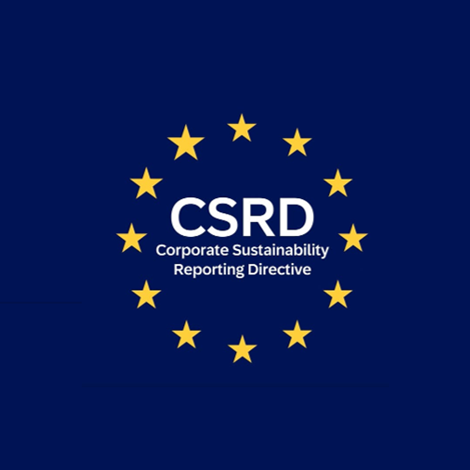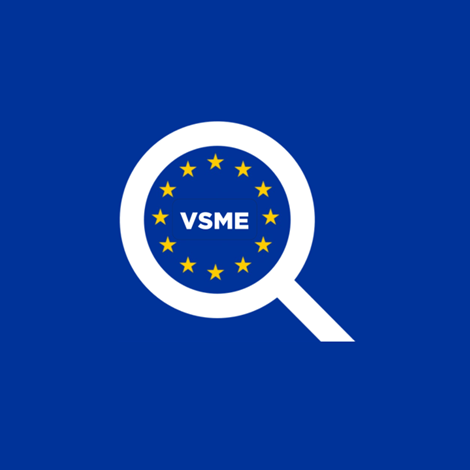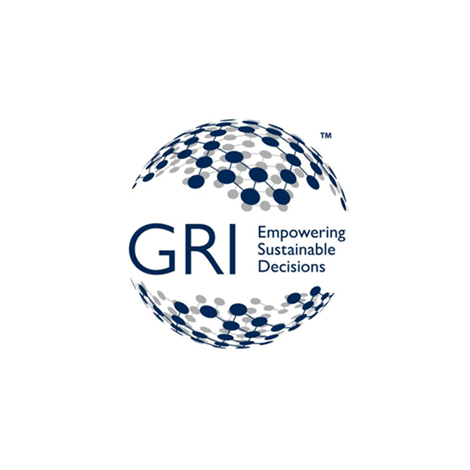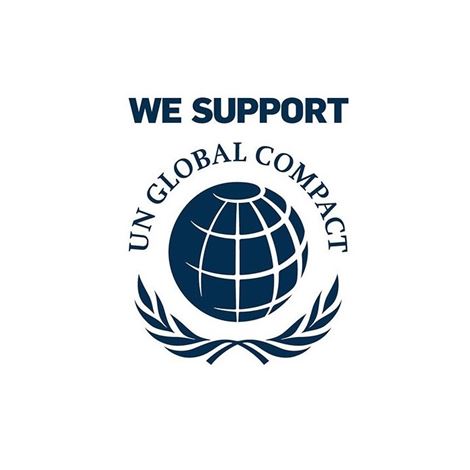
ESG explained
It has been gathering momentum in recent years as stakeholders, regulators, funders and consumers are asking deeper and more incisive questions about the organisations they work with, fund and contribute to. Recent legislative changes have created a whole new system for categorically reporting on your organisation's impact on ESG criteria, and setting out a credible and testable ESG strategy and reporting mechanism is critical to ensure future success.
For those who are not subject to mandatory ESG reporting, many are now working actively to take steps which will make their business more sustainable, including initiatives such as introducing paper-free workplaces and encouraging sustainable work travel policies, working from home opportunities and the purchasing of more environmentally friendly products. Many companies are reporting on their impacts voluntarily, while more are coming under the scrutiny of regulators or companies in their value chain to do so. Crowe has developed the experience and understanding to assist you in this work, and this page is intended to provide you with some introductory insights on ESG and how this could apply to your organisation.
Setting out an ESG strategy is among the first steps many organisations are taking. A creative, ambitious and realistic ESG strategy will help your organisation address environmental, social and governance issues which impact you. With an effective and clear strategy, you will be able to address these changes in a way which builds stakeholder trust, rigorous oversight and risk management across the three headlines of Environmental, Social, and Governance.
Our services
Having an ESG strategy matters both for you and for those you work with.
There are many considerations to be worked through when developing an ESG strategy, including standards, customer expectations, investor concerns and funder/investor requirements.
Through the development and implementation of an ESG strategy, you are not only finding ways to be more sustainable and care for the planet and the people on it, but it is also a way for your organisation to show clients, service users and investors your commitment to following sustainable standards. This also means that those you work with can more easily meet their own requirements set out in the various reporting standards and directives.
Sustainability is becoming a greater concern to consumers and investors. Research has shown that the top three stakeholder-driven factors which will impact the sustainability approaches of an organisation are employee pressure, consumer pressure, and investor and shareholder pressure.
It is therefore beneficial to have a strategy which allows you to showcase to your clients and customers your commitment towards responsible and sustainable business practices.
ESG reporting
ESG scoping
ESG training
ESG strategy & operational planning
Internal audits of ESG practices
Policy review & development
ESG reporting standards

Corporate Sustainability Reporting Directive (CSRD)

Corporate Sustainability Due Diligence Directive (CSDDD)

Voluntary Reporting Standard for SMEs (VSME)

Global Reporting Initiative
- Universal Standards;
- Sector Standards; and
- Topic Standards.

United Nations Global Compact
By joining, companies commit to aligning their strategies with these principles, embedding them into daily operations, and reporting progress annually through a Communication on Progress (COP).

UN SDGs
Businesses play a crucial role in achieving the UN SDGs by integrating sustainable practices into their operations and strategies.
Our team
We have a team of dedicated ESG experts and advisors ready to assist your organisation in tackling environmental, social, and governance challenges. Our specialists offer customised strategies to boost sustainability, enhance social impact, and strengthen governance frameworks. By partnering with us, you can ensure compliance, foster innovation, and build a resilient, responsible business that meets stakeholder expectations and contributes positively to the global community.
We regularly stay up to date with emerging ESG trends and changes, ensuring that our advice is current and aligned with the latest industry standards and best practices.


Our clients
At the heart of our work is a commitment to helping organisations and businesses embed sustainability and ethical practices into everything they do. Through our ESG initiatives, we have partnered with a wide range of clients, spanning industries, sizes, and sectors, to support them in achieving their long-term sustainability goals and building responsible business strategies.
From guiding charities through evolving reporting standards to helping corporations align with global sustainability frameworks, our expertise ensures that every client can move forward with confidence. Whether it’s reducing environmental impact, strengthening governance structures, or enhancing social responsibility, we provide practical solutions that deliver measurable results.
We are proud to showcase the organisations we’ve worked with and the positive outcomes they’ve achieved. Below, you’ll find a selection of some of our clients along with their testimonials.
 |
 |
 |
 |




Related content:










